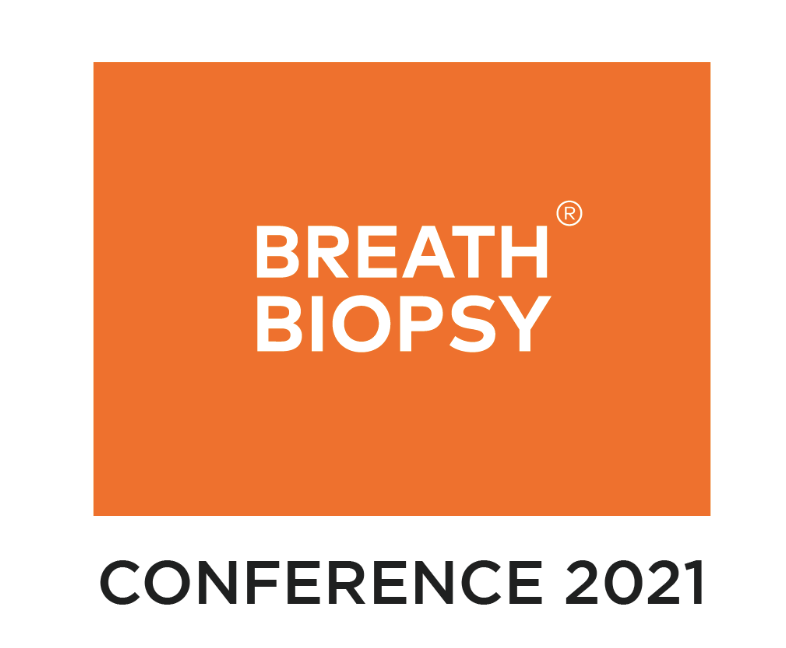Palmisani J.1*, Di Gilio A.1, Pizzillo V.1, Tosoni E.2, de Gennaro G.1, Perbellini L.3, Santo A.2 1 Department of Biosciences, Biotechnologies and Environment, University of Bari Aldo Moro, 70125 Bari, Italy 2 Lung Unit, P. Pederzoli Hospital, 37019 Peschiera del Garda, Verona, Italy 3 University of Verona, 37129 Verona, Italy * presenting author RATIONALE OF THE STUDY: Lung cancer (LC) is one of the most aggressive tumors and the leading cause of cancer-related […]

